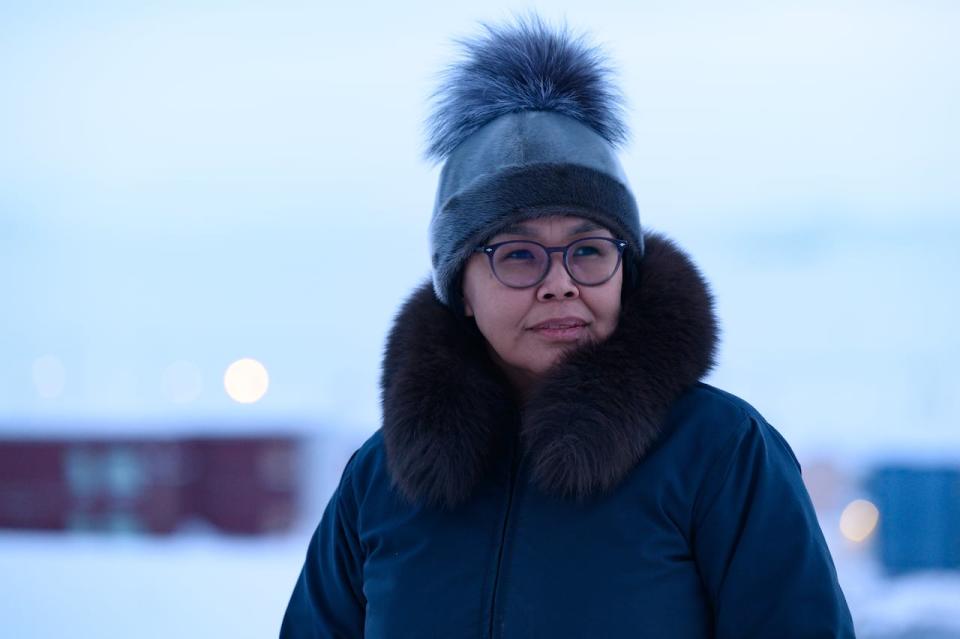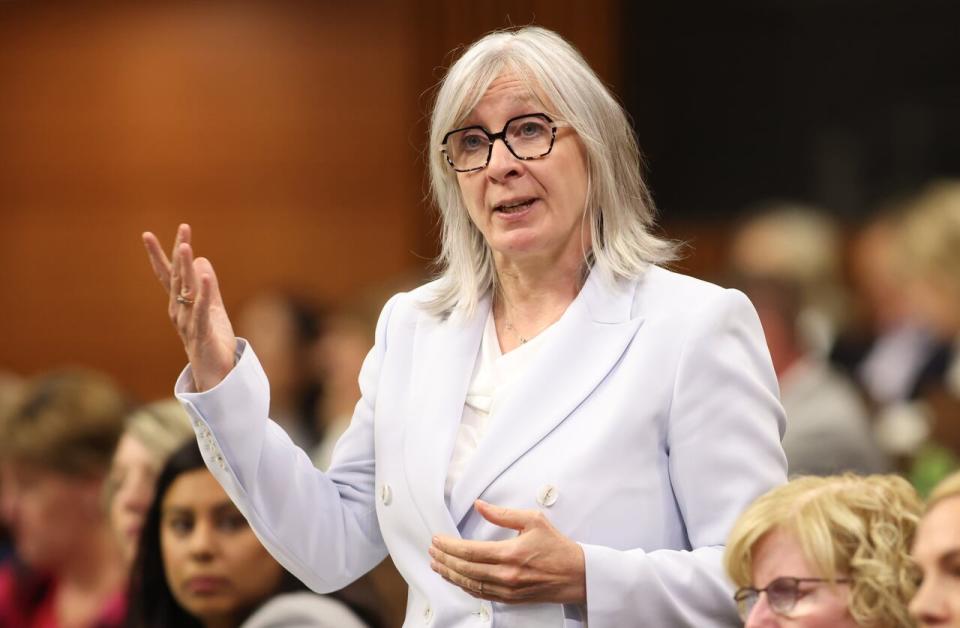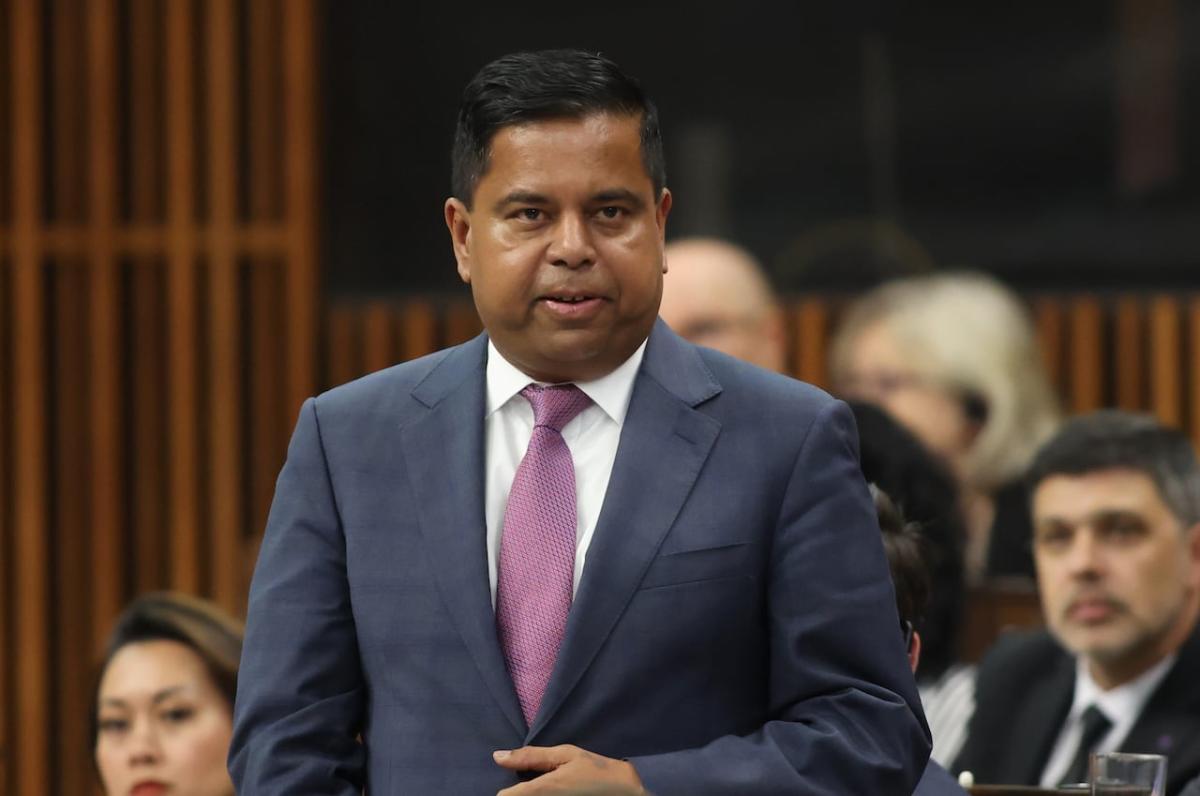Will the end of the Liberal-NDP alliance make for a feistier partisan atmosphere on Indigenous issues in the House of Commons this fall? Gary Anandasangaree doesn’t think so.
“I like to think that reconciliation is a non-partisan issue,” said the Liberal minister of Crown-Indigenous Relations in a sit-down interview this week on Parliament Hill in Ottawa.
As federal lawmakers sharpen their political swords following the return of the Trudeau government to a precarious minority position this month, time will tell if that’s true.
The Liberals have some major outstanding items atop their reconciliation agenda they’d like to finish before the next election, which is slated for 2025 but could happen earlier after NDP Leader Jagmeet Singh ended his agreement to support Prime Minister Justin Trudeau earlier this month.
One item is a proposed law on clean drinking water for First Nations, currently at the committee stage. The other is a proposed $47.8-billion, 10-year deal to reform the First Nations child-welfare system, which still requires approval from chiefs and the Canadian Human Rights Tribunal. If an election is triggered, that would kill the water bill and throw the child-welfare deal into limbo.
Singh has said justice for Indigenous people will be a priority this fall, yet Anandasangaree doesn’t expect the NDP to take a harder line against the governing party on Indigenous issues.
“In the last nine years we have moved to a point where — we’re not perfect. We’re not, certainly. It’s not like people shouldn’t criticize us — but I also think there’s a better story that we’re able to tell,” he said.
The NDP’s critic for Indigenous Services, Northern Affairs and Crown-Indigenous Relations had a different take.
After nine years the Liberals have repeatedly got Indigenous peoples’ hopes up during election campaigns then failed to deliver, resulting in a trail of broken promises and “disappointment after disappointment,” said Nunavut MP Lori Idlout.
“Those broken promises happening so regularly is something that’s been a pattern not just of this Liberal government, but the Conservatives as well,” she said.

Lori Idlout, NDP MP for Nunavut, says her focus for the fall 2024 parliamentiary session will be ensuring Indigenous peoples human rights are upheld. (Dustin Patar/Canadian Press)
The Liberal-NDP supply and confidence agreement, which kept Trudeau secure in power for two years, arguably gave the NDP a reason to lay off attacking the Liberals on Indigenous issues, since the agreement contained a chapter securing policy concessions on reconciliation.
Idlout said the deal was “not 100 per cent” a success on that front.
“The more we pushed, the further the Liberals pushed back,” she said, but she acknowledged expectations may be higher now the support agreement is over.
“And I’m willing to meet that higher expectation,” she said.
“You’ll see from my record that I’ve been critical of this Liberal government from the beginning, and I’m willing to fight even harder.”
Minister says Tory leader selling ‘snake oil’ on reconciliation
Meanwhile, Poilievre has sought to make inroads with First Nations leaders. He appeared in person for the first time at an Assembly of First Nations chiefs’ meeting this summer.
In his speech there, Poilievre railed against what he called the Liberals’ paternalistic, Ottawa-knows-best approach, promising First Nations less bureaucracy and greater economic self-determination. While some veterans and delegates turned their backs to him in protest, and others chastised Poilievre for the speech, there were delegates who applauded as well.
Asked whether the Liberals are concerned about First Nations leaders proving receptive to Poilievre’s message, Indigenous Services Minister Patty Hajdu bristled at the question.
“We know who Pierre Poilievre is,” Hajdu said.
“We’ve seen his type before and First Nations leaders aren’t stupid. They know exactly what kind of snake oil he’s selling. And so quite frankly, Pierre Poilievre wouldn’t know reconciliation if it hit him in the face.”


Indigenous Services Minister Patty Hajdu says her priorities are a proposed $47.8-billion agreement to reform the child-welfare system and proposed legislation on clean drinking water for First Nations. (Patrick Doyle/Canadian Press)
A Conservative spokesperson wasn’t made available for an interview, but a statement provided by Poilievre’s office attributed to Conservative critic for Crown-Indigenous Relations Jamie Schmale said “Indigenous communities are suffering” after nine years of Trudeau.
The statement slammed the Liberals for their policies on the economy, guns, drugs and crime, adding that Poilievre has prioritized meeting with Indigenous leaders across the country to get input on his plan and will continue doing so.
“Common sense Conservatives believe in the path to reconciliation, and we recognize that the outdated system today puts power in the hands of bureaucrats, politicians, and lobbyists instead of Indigenous Peoples.”
Hajdu echoed Anandasangaree’s point about telling a better story, suggesting the Liberals are refocusing communications to stress what they feel are their successes.
The minister was quick to cite the dozens of boil-water advisories the Liberals have lifted and a 181 per cent increase in spending on Indigenous issues since 2015.
She offered strong words for the NDP as well, accusing the party of “undermining that progress” through the party’s critiques.
Opposition parties need not look far for ammunition to attack the Liberal record on reconciliation. The federal auditor general has released a string of reports critical of the Liberal government’s failures on clean drinking water, housing and policing.
Idlout said her focus this session will be on ensuring Indigenous peoples’ human rights are upheld, citing human rights violations that need action on housing, high incarceration rates and the deaths of First Nations people by police.

